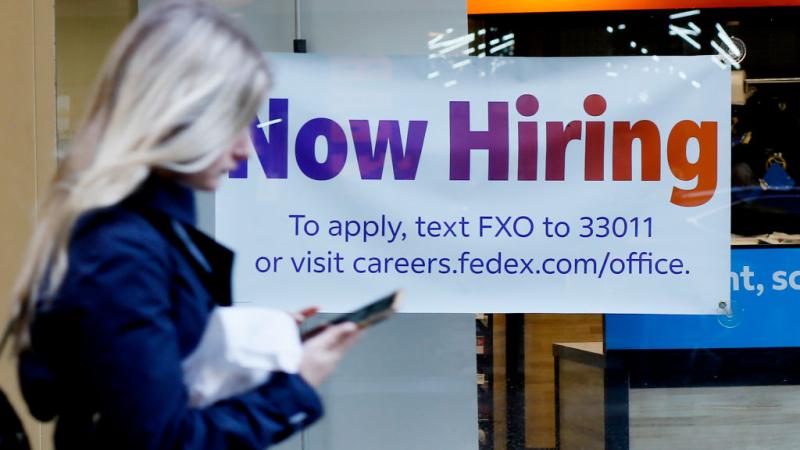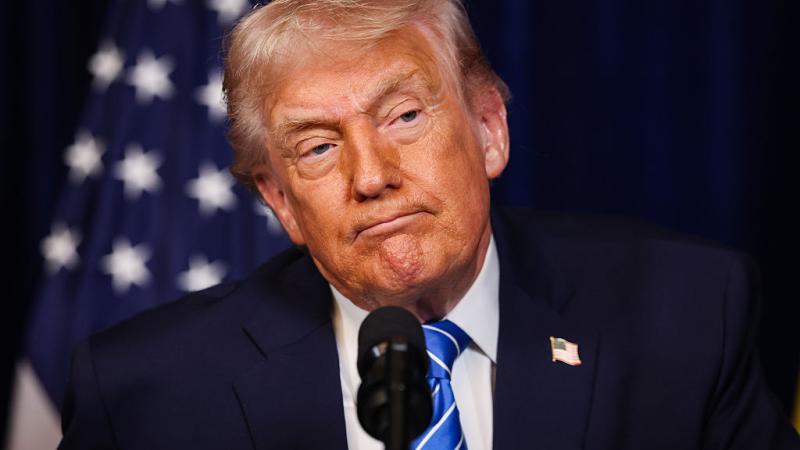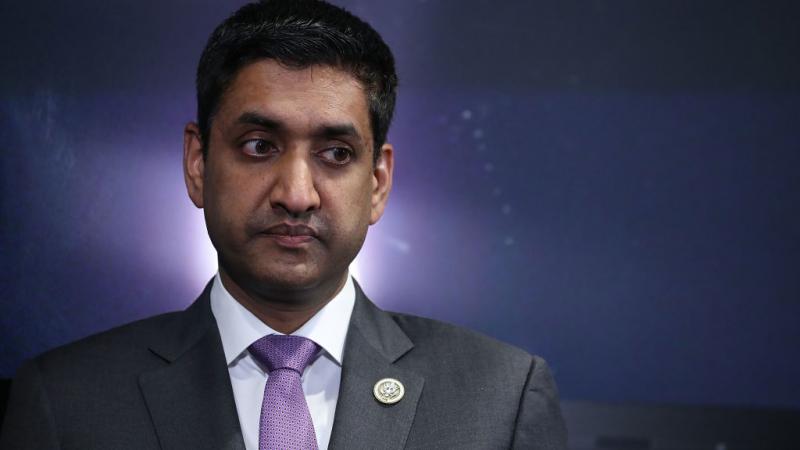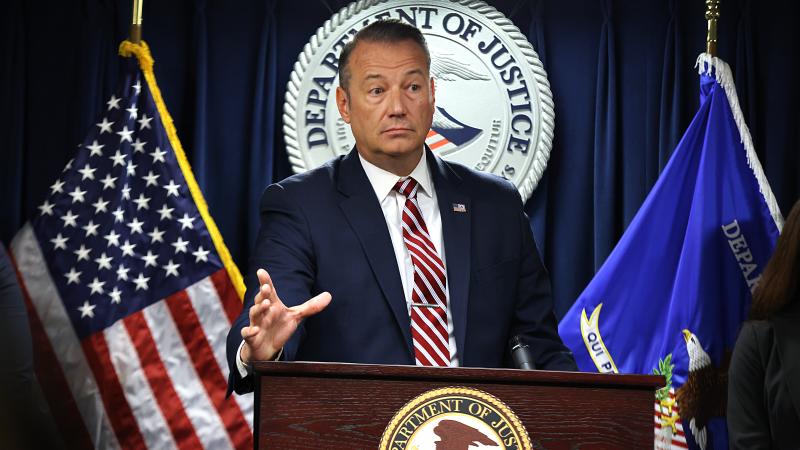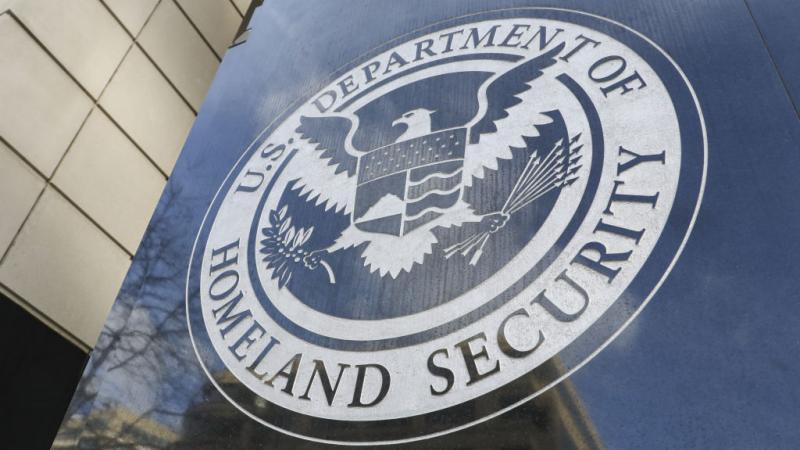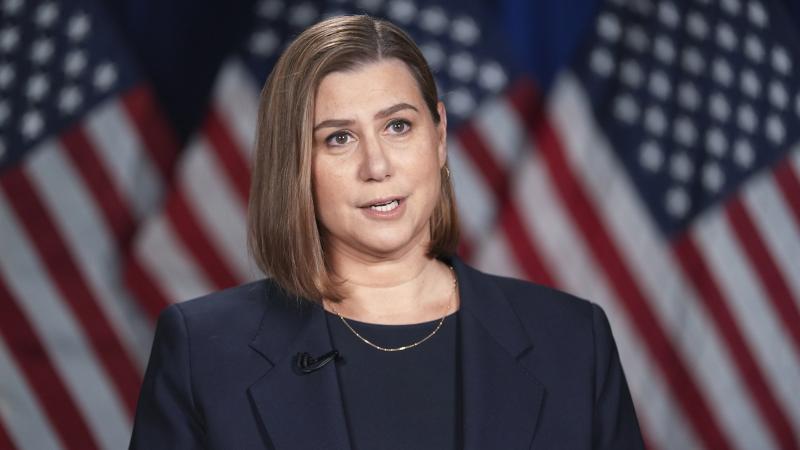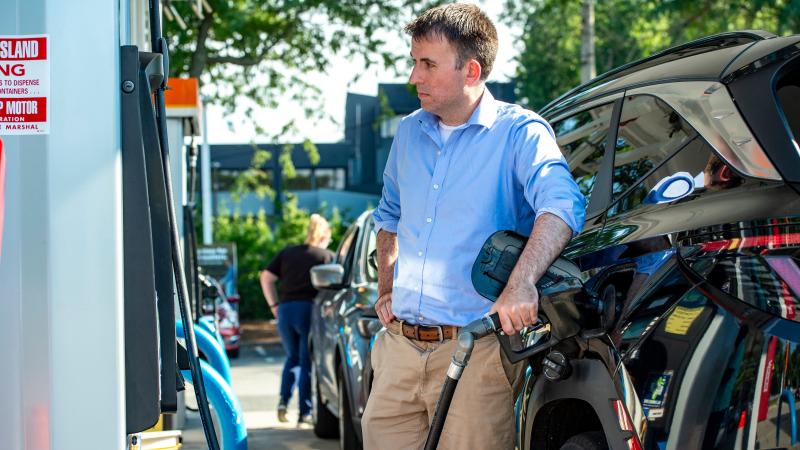West Virginia Gov. Morrisey works to decouple his state’s investments from China
West Virginia Investment Management Board voted to adopt a policy similar to the Board of Treasury Investments to divest from Chinese companies.
West Virginia GOP Gov. Patrick Morrisey has pressed his state's investment management board to decouple from China, delivering a blow to Beijing as Washington struggles to address Chinese aggression.
"I've been very concerned about China and, quite frankly, the competition that the U.S. and China have had for a number of years," Morrisey told the John Solomon Reports podcast last week.
"Whether you're talking about the race for technology supremacy or you're talking about what they're trying to do with respect to our industrialized economy, there's so many areas where we need to make sure that we're monitoring what China is doing," he added.
Last week, the West Virginia Investment Management Board voted to adopt a policy similar to the Board of Treasury Investments to divest from Chinese companies.
These policies mandate reviews of the state's investments, find funding in Chinese-owned companies, and expropriate state tax dollars from the companies.
The board manages several assets, including insurance plans and multiple endowment funds.
The board also manages the assets of the Defined Benefit Plans for teachers, deputy sheriffs, public employees, state police and the Division of Public Safety.
“The Chinese Communist Party poses a threat to our national security, dodges transparency and legal oversight, and represents a financial risk that we cannot take,” Morrisey said in a statement.
Morrisey said that the West Virginia Investment Management Board won't invest in companies owned or controlled by the Chinese Communist Party.
The governor added that competition between the U.S. and China has to be monitored because Chinese-backed companies and CCP-backed entities are getting broad subsidies from the Chinese state.
"That's something we have to be deeply concerned about," he said.
China and the U.S. have competition when it comes to artificial intelligence development, the economy, military power and energy production.
"We've been looking at different ways to help drive American energy independence and win our battles against China, and also make sure that we're on a level playing field broadly with China, and that includes not allowing these Communist Party investments to occur within our country," he said.
The U.S. and China are currently in trade negotiations as President Donald Trump announced a slew of tariffs on the country, resulting in China announcing retaliatory tariffs.
Trump and Chinese leader Xi Jinping talked last week and scheduled another round of trade negotiations.


